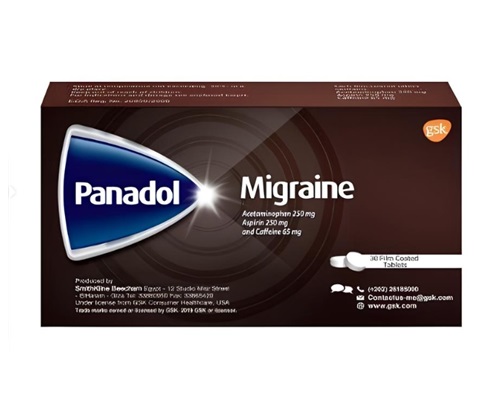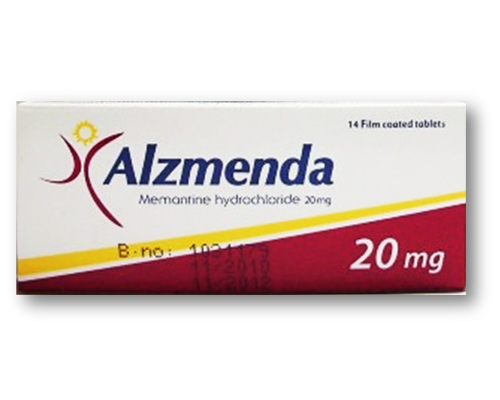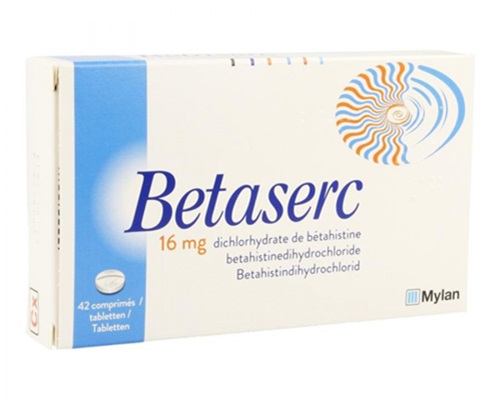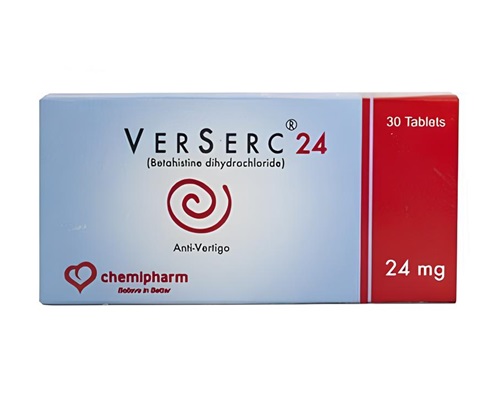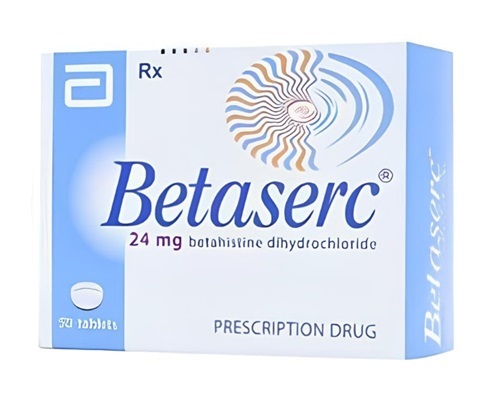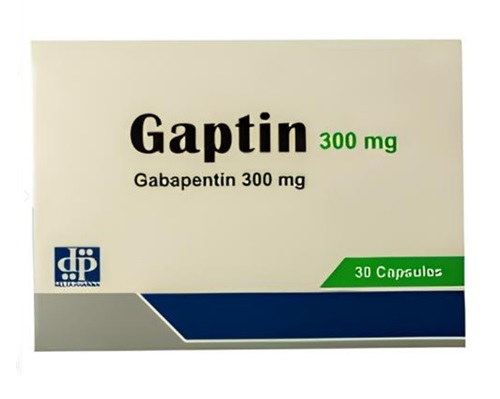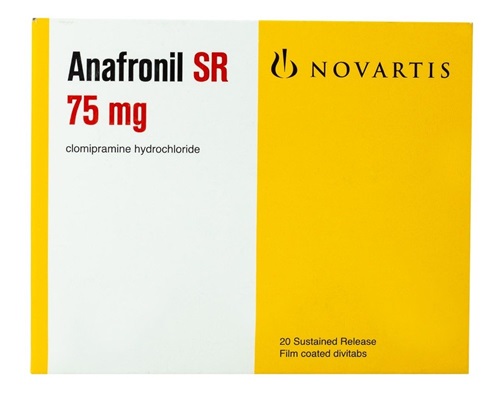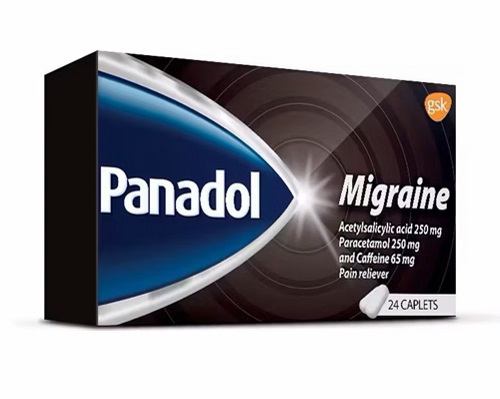Description
Trade name:
Panadol Migraine
Compound:
Each tablet contains:
Acetaminophen 250 mg
Aspirin 250 mg
Caffeine 65 mg
Auxiliary components:
Hydroxypropyl cellulose, microcrystalline cellulose, stearic acid, povidone, propylene glycol, sorbitan monolaurate, titanium dioxide.
Properties:
Panadol Migraine is a combination drug containing acetaminophen (paracetamol), aspirin (acetylsalicylic acid) and caffeine. Paracetamol has analgesic, antipyretic and extremely weak anti-inflammatory effects, which is associated with its effect on the thermoregulation center in the hypothalamus and a weak ability to inhibit the synthesis of prostaglandins in peripheral tissues. Acetylsalicylic acid has analgesic, antipyretic and anti-inflammatory effects. It quickly relieves pain, especially caused by the inflammatory process, and also moderately inhibits platelet aggregation and slows down the process of thrombosis, improving microcirculation in the inflammation focus. Caffeine increases the reflex excitability of the spinal cord, excites the respiratory and vasomotor centers, dilates the blood vessels of skeletal muscles, brain, heart, kidneys, and reduces platelet aggregation. Reduces drowsiness, fatigue, increases mental and physical performance. In this combination, caffeine in a small dose has virtually no stimulating effect on the central nervous system, but helps to normalize the tone of the brain vessels and accelerate blood flow in it.
Indications:
Pain syndrome of moderate and mild intensity of various origins:
- headache;
- migraine;
- toothache;
- neuralgia;
- arthralgia and myalgia (pain in muscles and joints);
- algomenorrhea (pain during menstruation).
Method of administration and dosage:
The drug is taken orally during or after meals. Adults and adolescents from 15 years: 1 tablet every 4-6 hours. At the first signs of migraine, take 2 tablets. The average daily dose is 3-4 tablets per day, the maximum daily dose is 6 tablets per day. After taking 2 tablets, relief from headaches and other types of pain usually comes quickly – in 15 minutes, with migraine, relief usually comes in 30 minutes. In case of pain syndrome, the drug should not be taken for more than 5 days without consulting a doctor. In case of migraine, the drug should not be taken for more than 3 days without consulting a doctor.
Contraindications:
- hypersensitivity to any of the components of the drug;
- erosive and ulcerative lesions of the gastrointestinal tract in the acute phase;
- gastrointestinal bleeding;
- complete or incomplete combination of bronchial asthma, recurrent polypnosis of the nose and paranasal sinuses and intolerance to acetylsalicylic acid or other non-steroidal anti-inflammatory drugs (including in the anamnesis);
- surgical interventions accompanied by bleeding;
- hemophilia;
- hemorrhagic diathesis;
- hypoprothrombinemia;
- severe arterial hypertension;
- portal hypertension;
- severe course of coronary heart disease;
- glaucoma;
- vitamin K deficiency;
- renal failure;
- concomitant use of other drugs containing paracetamol, acetylsalicylic acid or other non-steroidal anti-inflammatory drugs;
- deficiency of glucose-6-phosphate dehydrogenase;
- pregnancy;
- lactation;
- increased excitability;
- sleep disorders;
- children under 15 years of age (risk of developing Reye’s syndrome in children with hyperthermia due to viral diseases).
Use the drug with caution in cases of gout, liver disease, headaches associated with head trauma, taking anticoagulants, hypoglycemic agents, gout or arthritis, as well as with the simultaneous use of drugs containing acetylsalicylic acid or other analgesic and antipyretic components.
Precautions:
If after taking the drug the symptoms persist, worsen or new symptoms occur, you should immediately consult a doctor. When taking the drug in the recommended dose, the body receives as much caffeine as is contained in one cup of coffee, so you should reduce the consumption of caffeine-containing products during treatment with this drug to avoid the development of nervous excitement, irritability, insomnia and increased heart rate due to caffeine overdose. If you suspect an overdose, you should immediately seek medical help, even if there are no symptoms. You should refrain from drinking alcohol when taking the drug due to the increased risk of liver damage and gastrointestinal bleeding. Since acetylsalicylic acid slows down blood clotting, a patient who is scheduled for surgery should warn the doctor in advance about taking the drug. Acetylsalicylic acid in low doses reduces the excretion of uric acid, and therefore in patients with a predisposition, the drug can provoke an attack of gout. With prolonged use of the drug, it is necessary to monitor peripheral blood and liver function.
Side effects:
Gastralgia, nausea, vomiting, hepatotoxicity, nephrotoxicity, erosive and ulcerative lesions of the gastrointestinal tract, allergic reactions, tachycardia, increased blood pressure, bronchospasm.
Storage method:
At a temperature not exceeding 30 degrees. In a dry place.

